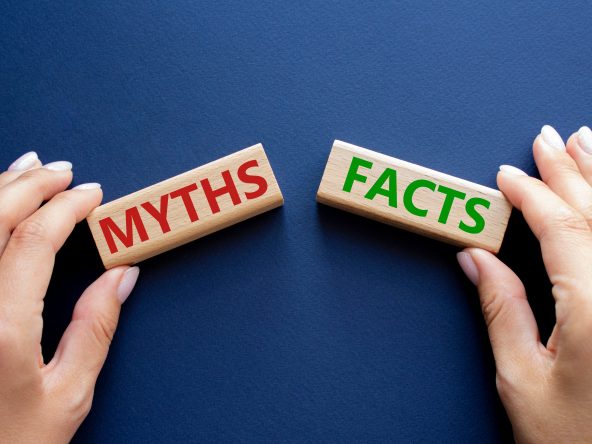Image courtesy of signaturefd.com
You Ask, We Answer: Why Should I Consider Refinancing Now?
If you’re a Connecticut homeowner, chances are you’ve secured your mortgage at a higher rate than it is today. That’s because current mortgage interest rates are at a historic low—and that means refinancing may help save you money every month. Given the COVID-19 pandemic and the resulting economic uncertainty, that savings is sure to be appealing. Here’s how to know if you should consider refinancing now, and what to expect if you do.
What Does Refinancing Mean?
Refinancing is the act of procuring a new mortgage—often at a lower rate—to pay off your existing home mortgage. Right now, the historically low interest rates make refinancing very ap-pealing, but refinancing can be also be done if you’re altering the terms of your loan or changing mortgage lending companies. When the rates are lower than on your previous loan, you may save substantially from month to month—and that can mean money put away for savings, to make home improvements or to pay down bills. Refinancing can also shorten the terms of your loan.
Does Refinancing Make Sense for Me?
Refinancing might make sense for you if you don’t plan on moving in the next several years and the cost of doing so aligns with that same time table. If you can break even on the cost of refinancing in about
2 years, it might be a good fit for you.
Also, keep in mind that while rates are at an all time low—
2.75% for a refinance in Connecticut—getting approved for that exact rate depends on your credit score; the better your score, the better you have at securing the lowest possible rate. Still, it’s worth discussing with your lender, as reducing your interest rate by even half a point may deliver a significant savings boost.
Are There Drawbacks to Refinancing?
While every financial situation is unique and your professional lender will be able to educate you on the exact impacts a refinance would have on yours, it’s always a good idea to know potential drawbacks of any financial transaction.
Between the fees for the application, title search, title insurance and appraisal, closing costs can be significant. As mentioned above, when determining if you’ll break even on the cost of refinancing over the span of two years, these are all fees you’ll want to factor in. If closing costs will be a burden financially at this time, then refinancing may have more cons than pros right now.
Similarly, if you think you might be at risk for losing your income in the near future, especially during this economic downturn, now might not be the time to refinance. An inability to pay your mortgage may result in foreclosure or needing to move, and you won’t have recouped the cost of refinancing—resulting in a hit to your savings.
How Do I Go About Refinancing?
You can expect refinancing to be similar to the process you went through to apply for your mortgage. Start by contacting your bank or mortgage lender and tell them you’re interested in discussing your current mortgage, new rates and terms and how much a refinance will cost. Don’t be afraid to shop around, as different lenders may be offering slightly different rates.
Once you have a better understanding of exactly what the refinance will entail and how it will affect your mortgage rates, you’ll need to provide your lender with an updated financial picture via pay stubs and tax returns, just as you did for your initial mortgage.
If you still have questions about why you should consider refinancing now, reach out to your local Calcagni Real Estate agent, who can put you in touch with a recommended mortgage lender in your area.




